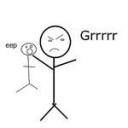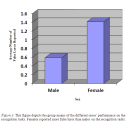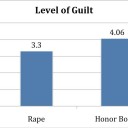
College Bullying: An Exploratory Analysis
By Amelia D. Perry
Abstract Most research on bullying focuses on the K-12 education system or the workplace, but few studies focus on higher education. Most colleges combine hazing, harassment, and bullying into one category, which makes a primary focus on bullying difficult. Researchers have identified four main types of bullying: physical, verbal, social, and cyber. For this study, … Continue reading →



